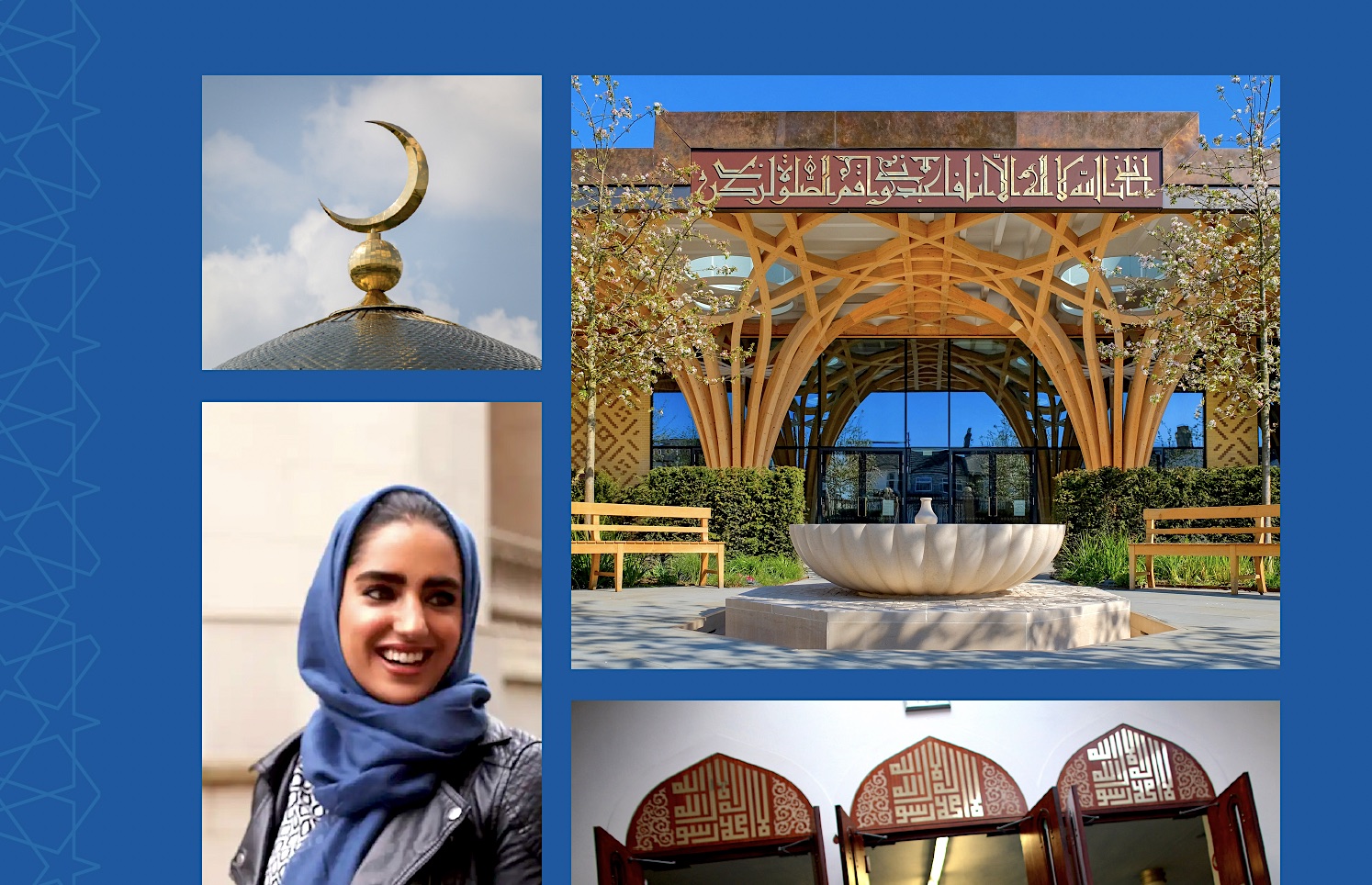A landmark new report says civil society must realise the untapped potential of Britain’s Muslim community.
The British Muslim Civil Society (BMCS) 2023 report outlines the significant contribution of British Muslim civil society and the vast opportunities for expanding its impact.
It calls for recognising the crucial role of faith-based organisations in civil society and for policymakers to be aware of their capabilities to better direct investment and foster stronger partnerships between Muslim civil society and government at all levels.
The report, commissioned by Mercy Mission UK and supported by the APPG on British Muslims, has cross party support, including shadow civil society minister Barbara Keeley and former minister Baroness Sayeeda Warsi.
Commenting ahead of the launch, Baroness Sayeeda Warsi said: “This report should be the beginning of important conversations between one of Britain’s most civic-minded communities and various statutory and non-statutory bodies concerned with civil society as we build towards a better, more cohesive future in Britain.”
“I hope this report will be read carefully by decision makers,” she added.
The report concludes optimistically, noting the growth and maturity of the “deeply civic-minded community.”
It says despite being amongst the poorest in the country, surveys from the past decade have shown Muslims “to be among the most generous donors to charity in contemporary Britain.”
Recommendations to drive change
The research uncovers remarkable success stories of a vibrant British Muslim civil society that contributes significantly. But it also highlights some of the challenges facing the community, including poverty-related disadvantages.
The report’s recommendations aim to address the challenges and empower Muslim civil society to drive positive social change in modern Britain.
It wants support for the Muslim youth sector to address the rising needs and aspirations of a young Muslim population and greater attention to be paid to Muslim women’s inclusion in civil society organisations.
Additionally, the report suggests that mosques and community centres should be supported in their efforts to become major hubs for civil society and social impact.
Further recommendations include:
- Adoption of the APPG on British Muslims’ definition of Islamophobia.
- Addressing systemic and structural causes for Muslim poverty, rather than an exclusive focus on emergency relief.
- Longterm strategic thinking among the BMCS; and investment in data, research, and media work to understand, map, and shape the future of Muslim civil society.
Jehangir Malik, Policy and Engagement Director of Mercy Mission UK, said: “This report offers valuable insights into the wide-ranging contributions of Britain’s Muslim community to civil society. Britain’s Muslims are diverse, dynamic, energetic, and often young. As this report shows, they are frequently looking for ways to contribute.”
“We hope this report drives the long-term and meaningful conversations that have so far been largely absent between policymakers across sectors and Muslim civil society organisations, which can improve lives and transform our communities.”
The report responds to sweeping demographic changes in the British Muslim community as revealed by the recent census.
Muslims now make up 6.5% of the population of England and Wales, an increase of 1.2 million since the last census. The increase is reflected in the population of Muslim women – and particularly young Muslim women – who remain underrepresented in civil society.
Under-25s made up roughly half of the UK’s Muslim population in 2011, while 30% of British Muslims live in the country’s poorest 10% of local authority districts.















